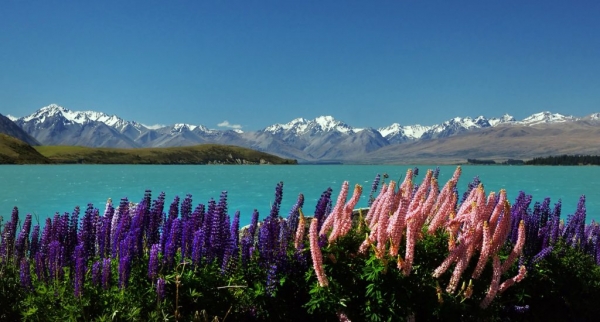Naturalised species, which are not native but have established themselves in new locations, could spread even further in many parts of the world, new research shows.
Naturalised species, which are not native but have established themselves in new locations, could spread even further in many parts of the world, new research shows.
Understanding and predicting where introduced species will spread is one of the key conservation and ecological challenges of the 21st century.
However, we know little about what causes one species to spread rapidly, while others remain in small, isolated populations for years.
The new study – by Henry Häkkinen, Professor Dave Hodgson and Dr Regan Early at the University of Exeter – predicted which of the world’s regions are most likely to be colonised by 833 naturalised plants, birds and mammals.
Read More: University of Exeter
Russell lupins, from North America, are invasive in Europe, Australia & NZ – & could spread further in Europe & coasts of Australia & NZ. (Photo Credit: Bernard Spragg)




